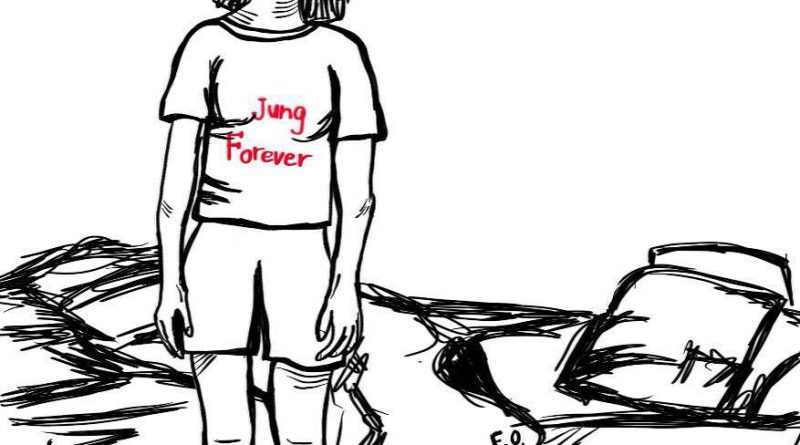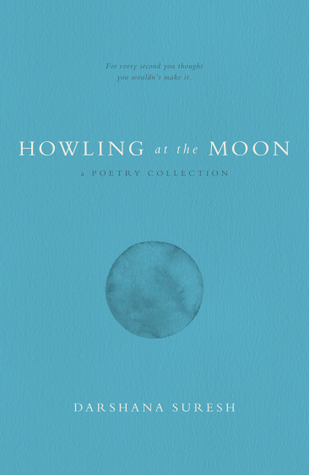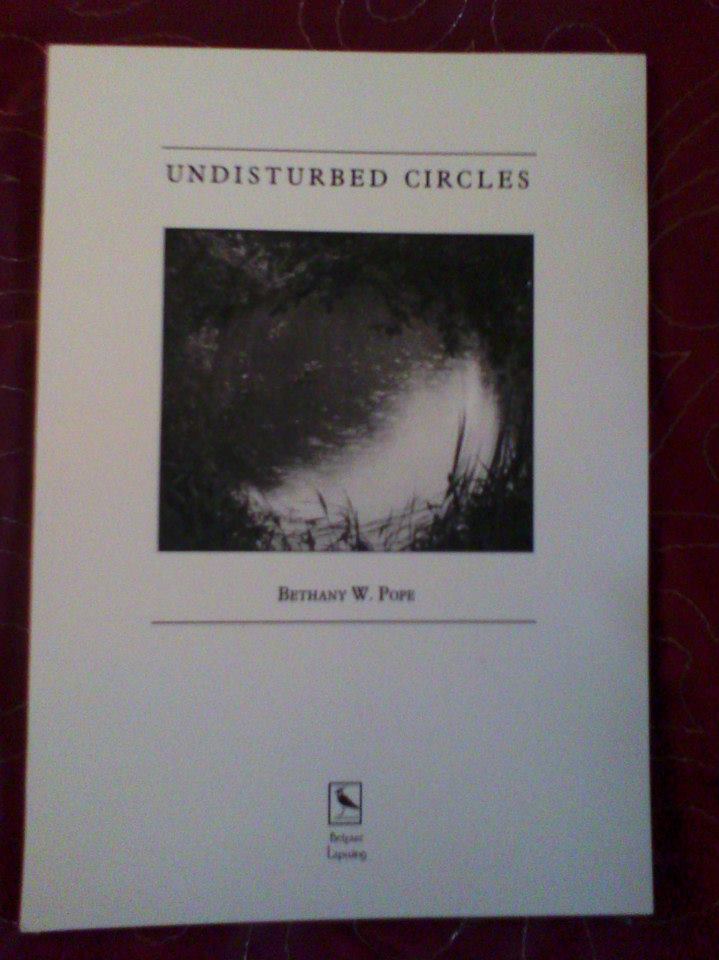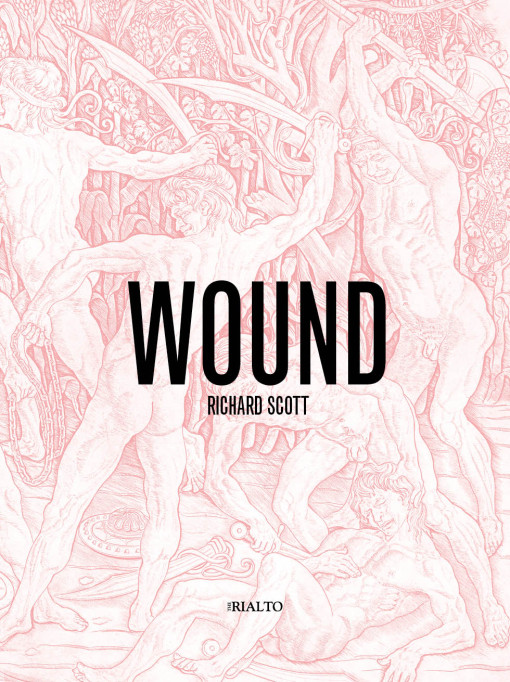Hilda Doolittle’s Carl Jung T-Shirt by Charlie Baylis
– Reviewed by Bethany W. Pope –
In hilda doolittle’s carl jung t-shirt, Charlie Baylis has created work which is both playful and occasionally resonant. The poems in this pamphlet are loaded with surreal, quicksilver images that warp and change like the brighter sort of dream,and verbal puns which tickle the ear. The poems are all deeply concerned with romantic love, but they are as effervescent as champagne cut with Sprite. You cannot cling to these poems forever, but they are a lot of fun going down.
The first poem is ‘Morning Sun’, a hymn to pleasant awakening, to that moment when your eyes are open but the dreams are still revolving across the folds of your brain and you cannot be quite certain of what is real and what is not:
Like when you open the first page of a dream
and find that it is emptynothing but black skies and solar rain
the basket of night rocking the day away
The poem is brief, just eleven lines long, but that’s enough to set the tone for the verses which follow.
The titular poem, ‘hilda doolittle’s carl jung t-shirt’, is a more overt examination of the symptoms and sensations of romantic love, directed at the imagined embodiment of a long-dead poet:
but your features are isometric, Jung Forever
is the legend on your T-shirt, a semi literate joke,
but I don’t want to stare for fear I’ll offend you(as you may think I’m looking at your breasts)
which I am but I don’t mean to.
This poem particularly brims with puns and wordplay, a playfulness which intentionally belies the undertones of sexual attraction which form the skeleton of the work. References to imagist poets (‘vowels pound with sound’) and turn-of-the-century psychological trends jostle against lines which evoke the first crackling moments of romantic interest. The result is a reading experience that is deeply pleasurable, for the lobes of the brain as well as the heart.
It is appropriate that this dreamlike book that opens on the hinge between sleeping and waking closes as the veils of night are parting. In ‘Evening sun’, the speaker leaves the lucid semi-rational light of day (nothing, it seems, can ever be fully rational in a poem by Baylis) to return to the warm and archetypically-crowded slurry of night. This poem aptly captures the sensations of surrendering to sleep:
I fall from the cosmos of my body
land on a shooting star (able my brother
married to my sister)I sleep in the dreams I wake up
It would be easy to call this kind of poetry facile, or even insincere, but I think that would be an unwarranted dismissal of work which is very good for its particular genre. This poetry is fun – it can be read without effort. This is poetry to read while lounging in your bathtub with the water stained blue with effervescent salts. It pairs well with cheap champagne and a full box of chocolates. If that sounds like something which will appeal to you as a reader, then this is a pamphlet that you will want to pick up.





